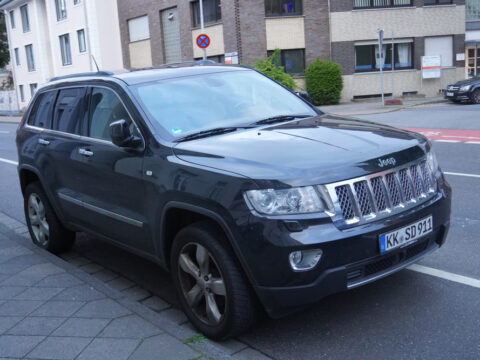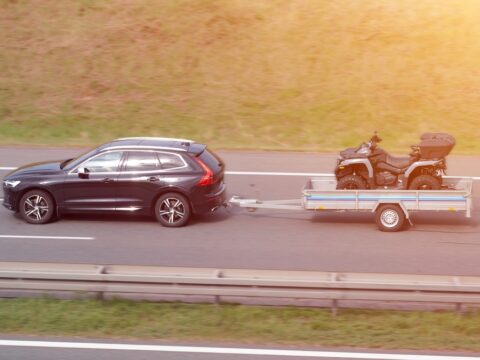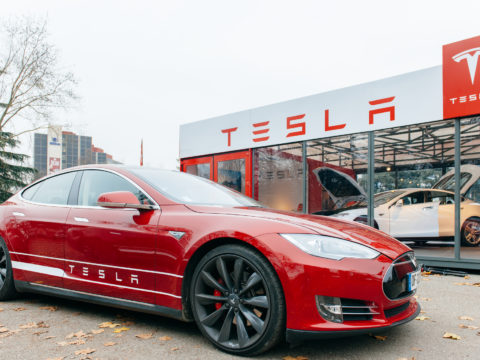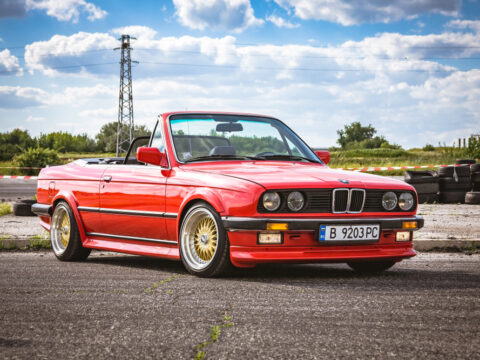Hybrid cars are often praised for their fuel efficiency and lower environmental impact, but they aren’t the perfect solution for every driver. While they offer benefits, hybrid vehicles come with their own set of drawbacks that might make them less appealing depending on your needs and lifestyle. From higher upfront costs to concerns over battery life, it’s important to look beyond the green benefits and consider the practical challenges that hybrid ownership can present.
Factors such as driving habits, maintenance complexity, and the availability of charging infrastructure can significantly influence whether a hybrid is the right fit for you. If you’re considering a switch to a hybrid, it’s crucial to understand the limitations, costs, and compromises that come with this type of vehicle. By taking a closer look at these issues, you can make a more informed decision about whether a hybrid car truly meets your expectations.
Contents
Higher Purchase Price
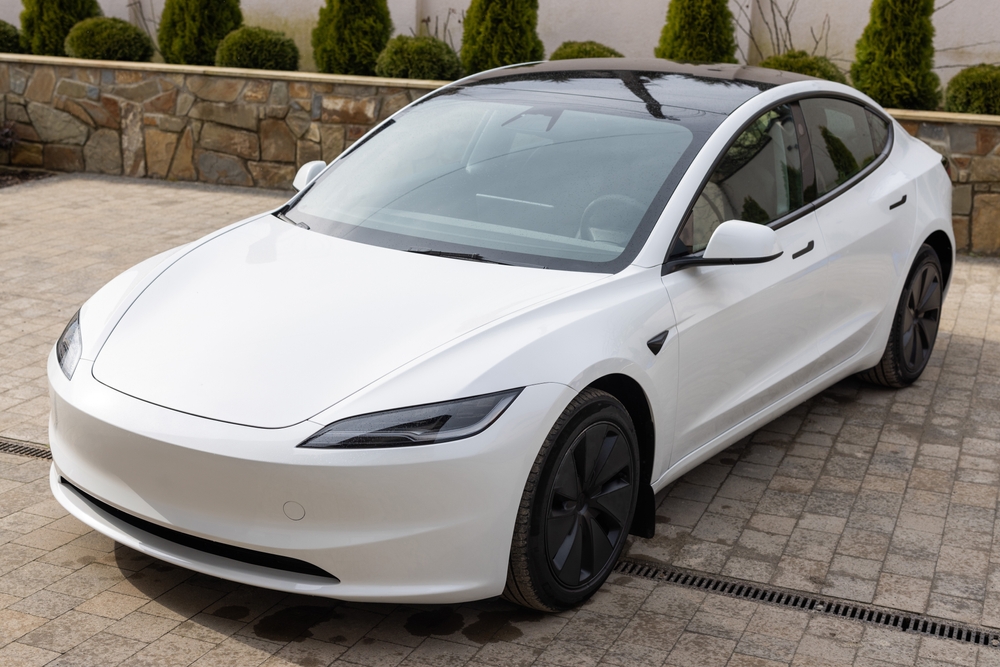
Hybrid cars often come with a higher purchase price than traditional gasoline vehicles, and while their long-term savings on fuel are often touted, the upfront cost can be a deterrent. This is mainly due to the advanced technology required to combine both electric and gasoline powertrains, which inflates production costs. For those on a budget, this higher initial investment may outweigh the long-term benefits, especially if the car is not driven frequently enough to offset the savings in fuel. Considering this factor, potential buyers must evaluate whether the extra upfront cost aligns with their financial priorities and driving habits.
Driving Style
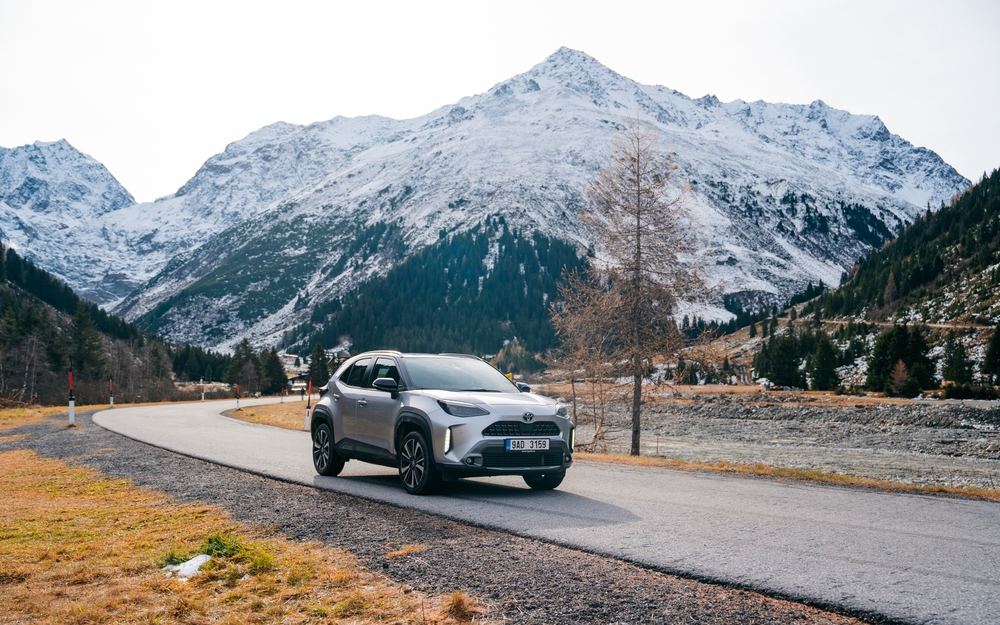
Hybrid cars are designed to maximize efficiency, but they may not suit drivers with a more aggressive or performance-oriented driving style. These vehicles are typically tuned for smooth, moderate acceleration to optimize fuel efficiency. Drivers who prefer rapid acceleration, high-speed driving, or sporty handling might find that hybrids don’t meet their expectations. The transition between electric and gasoline power can feel sluggish under hard acceleration, making the driving experience less satisfying for those used to performance vehicles. This factor should be a serious consideration if driving enjoyment is a top priority.
Availability of Charging Infrastructure
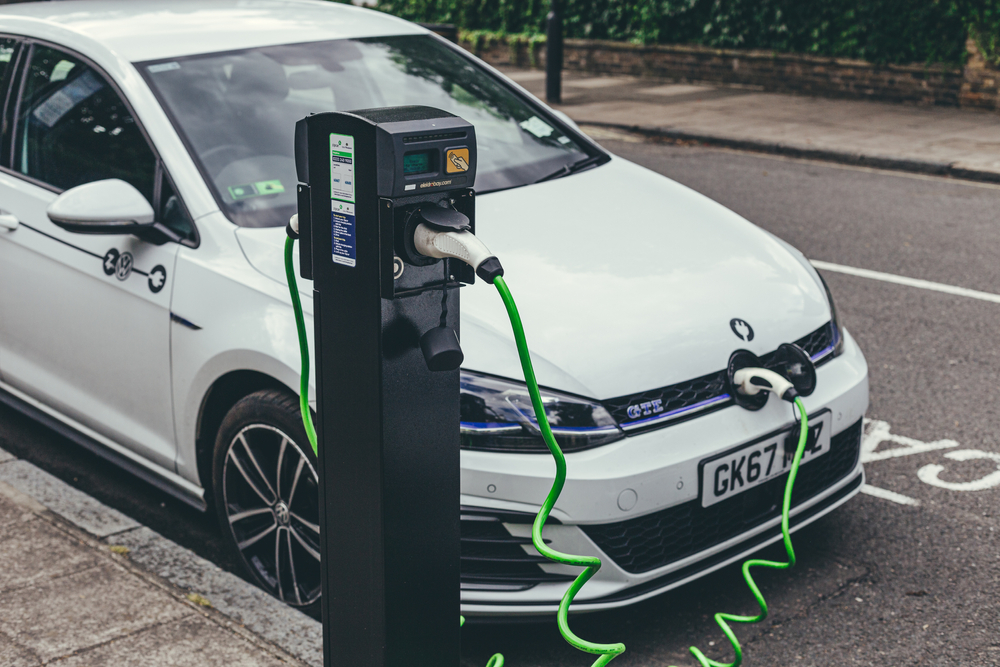
Although hybrid cars don’t rely solely on electric power, plug-in hybrids (PHEVs) do require regular charging to take full advantage of their electric range. In areas where charging stations are scarce, it might be difficult to maintain a consistent charging routine, reducing the benefits of the vehicle’s electric capabilities. This lack of infrastructure can be particularly problematic in rural or less developed regions where public charging options are limited. For drivers without access to home charging, relying on the gasoline engine more frequently might reduce the cost-effectiveness and environmental impact of owning a hybrid.
Limited Model Choices

While the hybrid market has grown in recent years, there are still fewer model choices compared to traditional gasoline-powered vehicles or fully electric options. If you’re looking for a specific body style, brand, or set of features, you may find yourself limited in hybrid options. For example, some luxury, performance, or off-road models are not available in hybrid form, and buyers may have to compromise on their preferred aesthetics or features. This constraint could make it harder to find a hybrid car that suits both your lifestyle and driving preferences, especially if you’re particular about what you want.
Battery Life Concerns
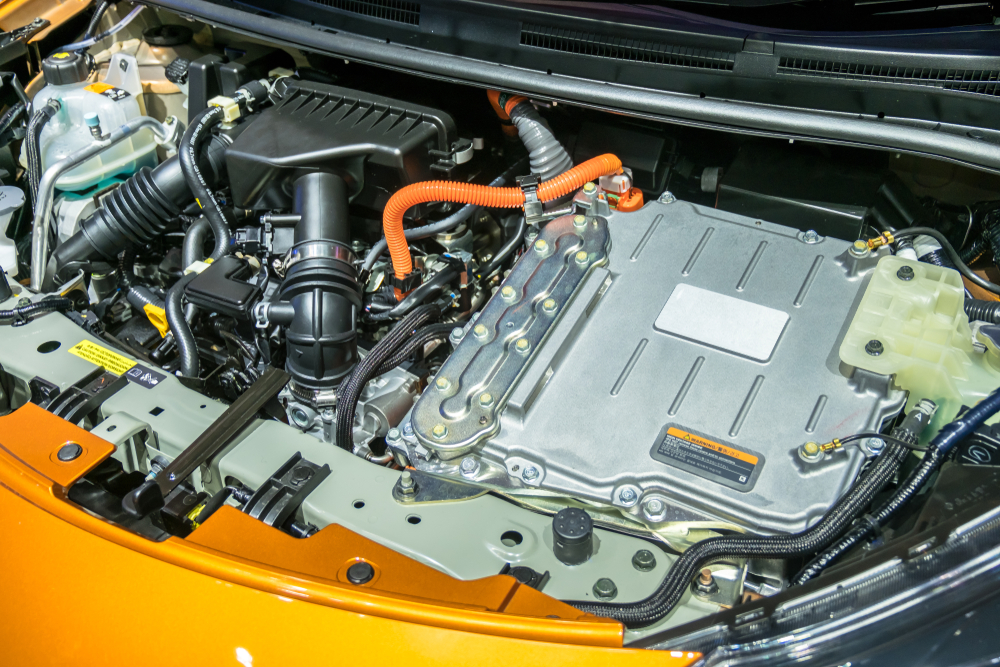
Although hybrid cars are generally reliable, concerns over battery life remain a valid issue for potential buyers. Hybrid batteries typically last between 8 to 10 years, but replacement costs can be steep, often running into thousands of dollars. For those who plan to keep their car for a long time, the eventual need for battery replacement could be a significant future expense. Additionally, there’s the risk of degradation in battery performance over time, which can lead to reduced fuel efficiency and electric range. Buyers should weigh whether these potential long-term costs are worth the initial investment in a hybrid.
Complexity
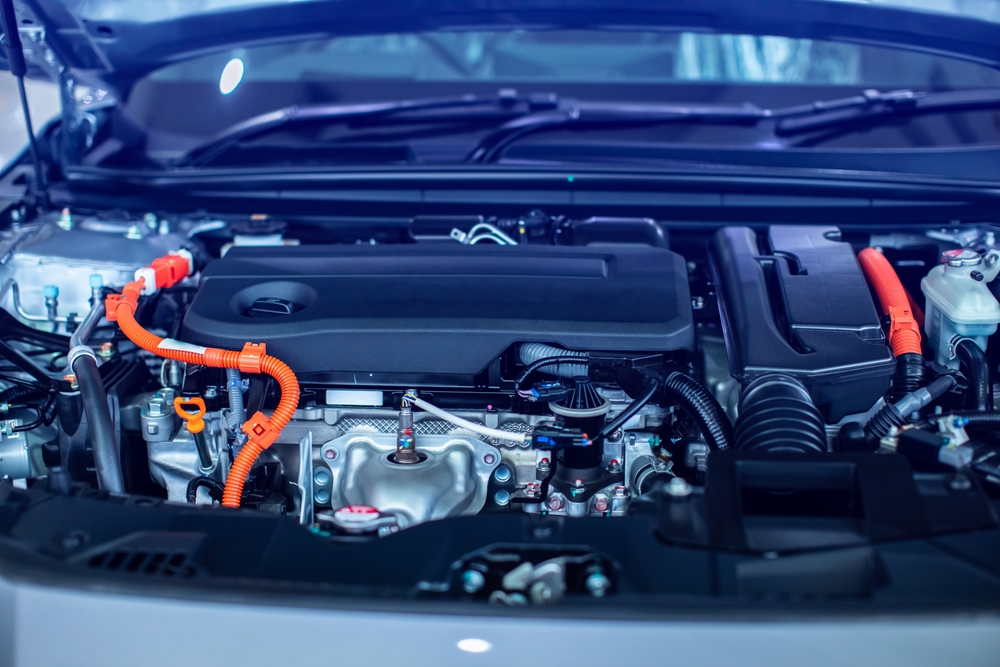
Hybrid vehicles combine two types of powertrains – electric and gasoline – making them more mechanically complex than traditional cars. This increased complexity can lead to higher maintenance and repair costs, as specialized knowledge and tools are often required. Not all mechanics are equipped to service hybrids, meaning you may need to visit a dealership or specialist for repairs. For those seeking a simpler, low-maintenance vehicle, this complexity could be a drawback, leading to additional expenses and inconvenience over the life of the car.
Limited Electric Range
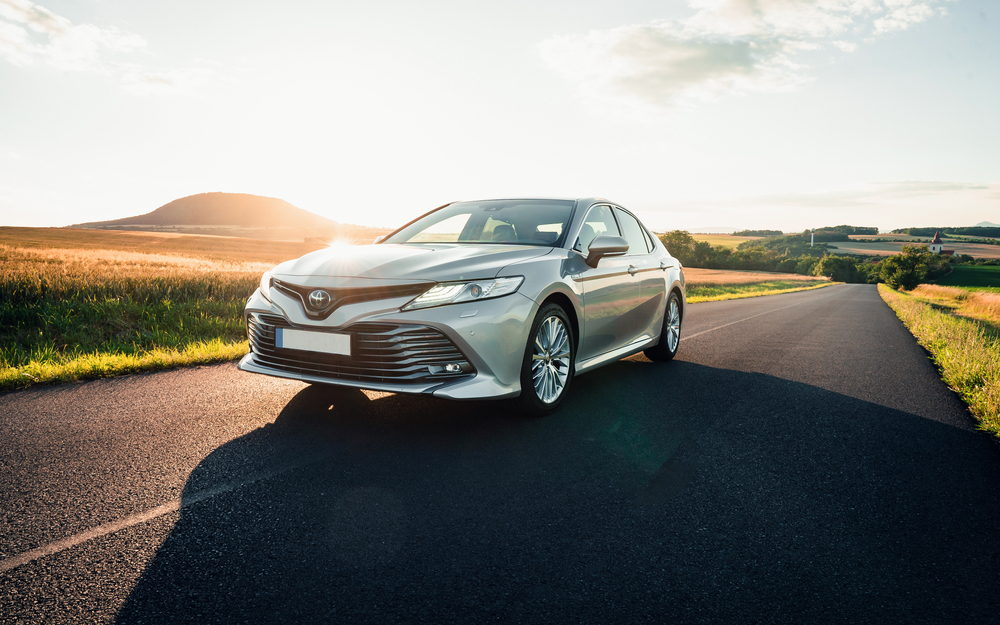
While hybrid cars offer the benefit of both gasoline and electric power, their electric-only range is often quite limited. Most hybrids can only travel a short distance on electric power alone, typically between 20 to 50 miles for plug-in hybrids. This limited range means that unless you have frequent access to charging, you’ll likely be relying on the gasoline engine for longer trips. For drivers who want to minimize their fuel consumption or emissions, this constraint may not provide the level of environmental benefit they’re looking for, especially compared to fully electric vehicles.
Charging Time
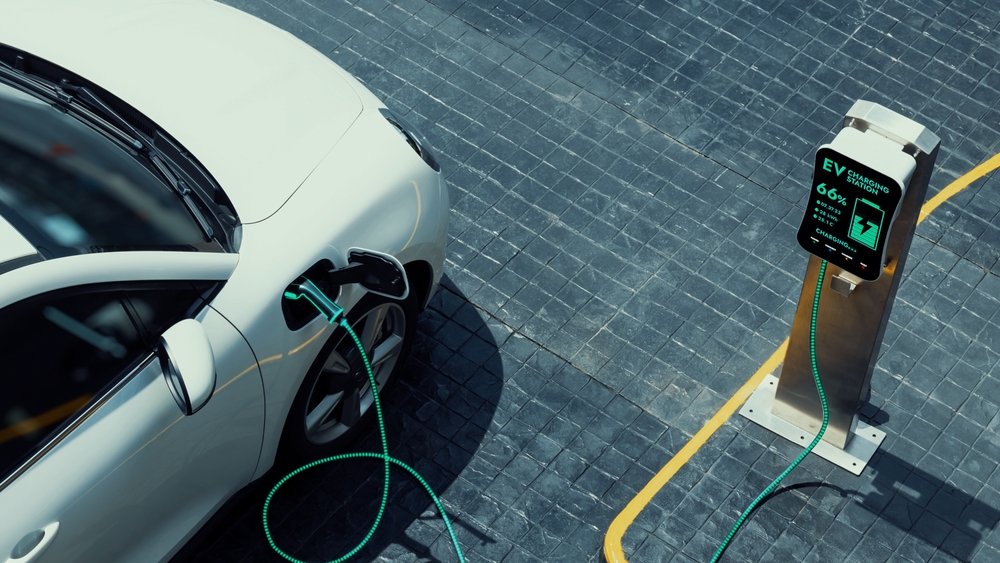
For plug-in hybrids, the charging time can be an inconvenience, especially if you’re used to the instant refueling of gasoline vehicles. Even with a standard home charging setup, it can take several hours to fully charge a hybrid’s battery. If you frequently need to use the vehicle for longer trips or have a tight schedule, waiting for the battery to charge can be frustrating. Public charging stations can also be busy or located far from your route, adding extra time to your travel. The convenience of gas refueling might outweigh the benefits of electric driving for some, especially those with fast-paced lifestyles.
Resale Value
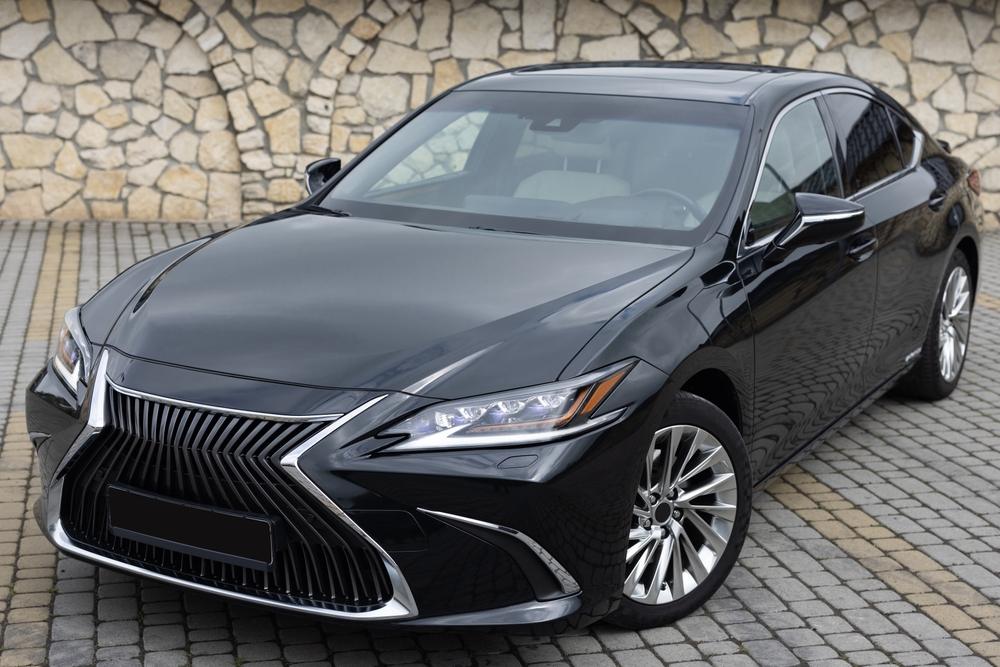
While hybrids often promise long-term savings on fuel, their resale value can sometimes be lower than expected. As hybrid technology continues to evolve, older models may become less attractive to buyers looking for the latest advancements, such as improved battery life or longer electric ranges. Additionally, concerns over the lifespan of the hybrid battery can deter used car buyers, further driving down the resale price. For those considering the overall cost of ownership, factoring in the potential depreciation of a hybrid is essential when evaluating if it’s the right choice.
Towing Capacity
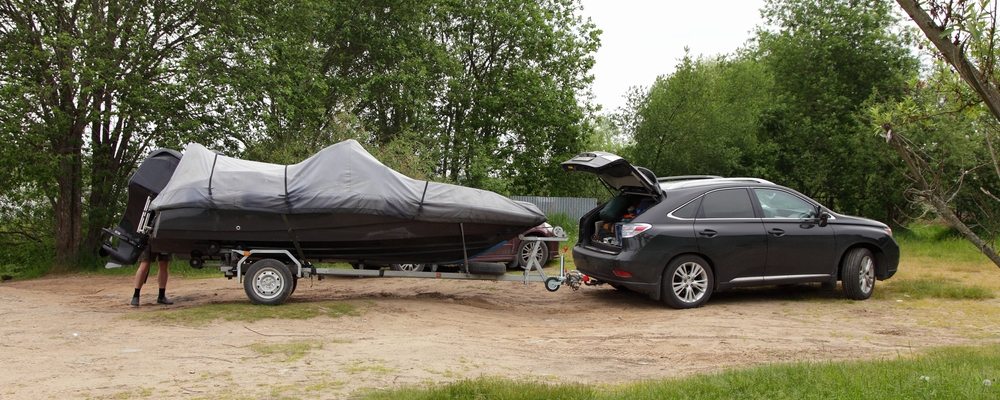
Most hybrid vehicles are not designed with towing in mind, as their dual powertrains are optimized for fuel efficiency rather than heavy hauling. For drivers who need a car capable of towing trailers, boats, or other large loads, hybrid options may be too limited. This lack of towing capacity can be a significant drawback for those who need a more versatile vehicle for both everyday use and occasional heavy-duty tasks. It’s important to consider how the vehicle will be used and whether a hybrid can meet all your needs without sacrificing functionality.
This article originally appeared on MyCarMakesNoise.
More from MyCarMakesNoise
13 Pickup Trucks Designed for Heavy-Duty Work and Play

When it comes to pickup trucks, versatility is key. Whether you need a reliable workhorse to tackle heavy-duty jobs or a capable vehicle for weekend adventures, today’s trucks are designed to do it all. Read More.
10 Classic RVs That Are Making a Comeback

Classic RVs are more than just vehicles; they are symbols of a lifestyle that embraces freedom, adventure, and a touch of nostalgia. As the desire for simpler, more meaningful travel experiences grows, many iconic RVs are finding new life on the road. Read More.
13 Least Reliable Cars on the Market

When it comes to choosing a vehicle, reliability is often at the top of the list for most buyers. A car that consistently performs well without frequent visits to the repair shop is what everyone hopes for. Read More.

